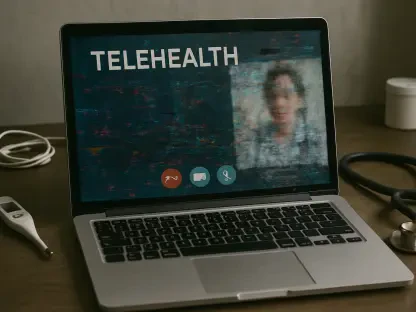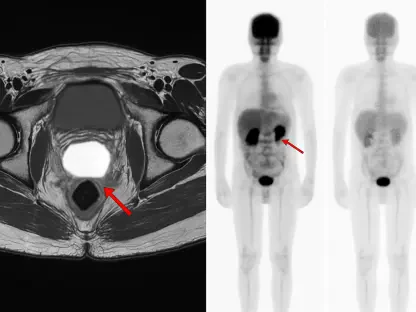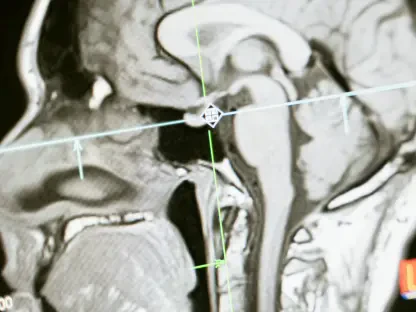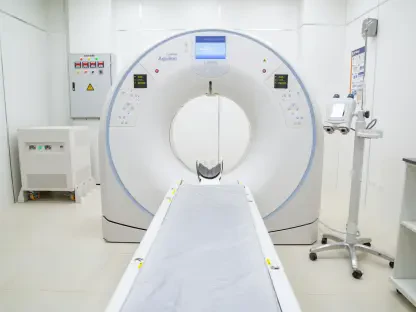President Donald Trump’s executive orders to limit access to publicly available healthcare data and reduce federal funding for medical research have led to significant legal challenges and temporary blocks by federal judges. Federal judges have intervened to temporarily block his policies, creating uncertainty among healthcare providers.
Judicial Intervention in Healthcare Data Restrictions
One significant intervention occurred when federal judge John Bates ordered the immediate restoration of certain public health information that had been removed from federal websites maintained by the Department of Health and Human Services (HHS), Centers for Disease Control and Prevention (CDC), and Food and Drug Administration (FDA). The lawsuit, brought by Doctors for America, argued that the removal of this data deprived healthcare providers of vital resources necessary for monitoring youth mental health and preventing the spread of HIV. Judge Bates concurred, stating that the policy detrimentally impacted public health and impaired doctors’ ability to provide crucial care, including treatment for life-threatening conditions.
Block on Federal Research Funding Cuts
In another judicial decision, Judge Angel Kelley temporarily halted Trump’s policy to cap federal research funding from the National Institutes of Health (NIH) and to reduce the rate for reimbursing hospitals for indirect research costs from around 27% to 15%. Plaintiffs in the lawsuit argued that these cuts would cause immediate and irreparable harm to certain providers, prompting the judge to put the policy on hold. Further arguments on this policy are set to be heard on February 21, reflecting the legal complexities and urgent concerns surrounding the potential impacts of funding reductions on medical research.
Impact on Healthcare Providers
The overarching theme of these legal battles is the significant uncertainty and instability they’ve introduced within the healthcare sector. Healthcare providers are struggling to navigate these abrupt policy changes, which have direct implications for patient care and operational efficiency. The judicial pushback highlights the tension between executive policy directives and the necessity to sustain essential healthcare services and research funding. This ongoing tug-of-war creates a challenging environment for healthcare professionals striving to maintain high standards of care while adapting to shifting policy landscapes.
Broader Concerns and Future Prospects
These temporary blocks on Trump’s healthcare policies underscore broader concerns about the negative impacts on patient care and medical research. The legal interventions reflect apprehensions over the potential consequences of restricting access to critical public health data and slashing federal research funding. The uncertainty generated by these policy shifts and legal battles has created an atmosphere of instability in the healthcare sector, raising questions about the future trajectory of U.S. healthcare policy. Healthcare providers, researchers, and policymakers must stay vigilant and adaptable as the courts and the administration continue to grapple with these complex issues.
Moving Forward
President Donald Trump issued executive orders aimed at limiting access to publicly available healthcare data and reducing federal funding for medical research. These actions have sparked significant legal challenges and have been met with resistance from various stakeholders in the healthcare industry. Consequently, federal judges have stepped in, issuing temporary blocks on these policies. This judicial intervention has created a climate of uncertainty among healthcare providers, who are left navigating an unpredictable landscape as the legality and implementation of these orders are debated in courts. The ongoing legal battles over these executive orders underscore the contentious nature of policymaking in the arenas of healthcare data and research funding. These developments are likely to have long-term implications for the accessibility of healthcare data and the future of medical research funding, as courts continue to deliberate on their constitutionality and broader impact on the healthcare sector. Healthcare providers remain in a state of flux, awaiting judicial resolutions that will ultimately shape the landscape they operate within.









